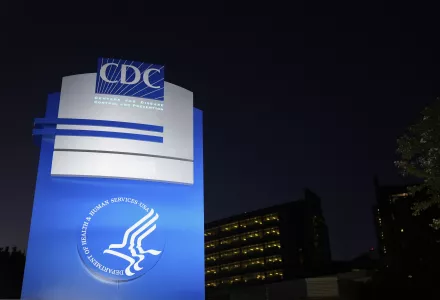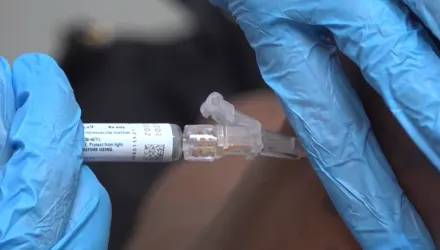In a seismic blow to public health credibility, five top officials at the Centers for Disease Control and Prevention (CDC) have departed in recent days. These include Dr. Susan Monarez, CDC Director (abruptly dismissed); Dr. Debra Houry, Chief Medical Officer and Deputy Director; Dr. Demetre Daskalakis, Director of the National Center for Immunization and Respiratory Diseases; Dr. Daniel Jernigan, Director of the National Center for Emerging and Zoonotic Infectious Diseases; and Dr. Jennifer Layden, Director of the Office of Public Health Data, Surveillance, and Technology.
This turnover wasn’t just a leadership shake-up, it was a rebuke of political interference in science-based policymaking.
What This Means for the Public
1. Erosion of Trust and Clarity
For everyday Americans, these upheavals may translate into mixed messages about vaccine safety and availability. Scientific consistency has long been a staple of public health guidance. With policy now appearing driven by ideology rather than evidence, public confidence is in jeopardy.
2. Fragmented Leadership, Fragmented Response
Local health departments, already grappling with infectious disease surges, rising chronic disease burdens, and much more, may now lack timely federal guidance. With key CDC infrastructure destabilized, we risk delayed responses to outbreaks and confusion over whom to trust.
The Heart of the Resignations: Science Undermined
- “Do no harm,” declared Dr. Demetre Daskalakis, quoting the Hippocratic Oath. He resigned because vaccine policy changes were proceeding without data review, among other concerning reasons. Dr. Debra Houry echoed his concern: “As scientists, you should never know in advance what you want the data to show.”
- As I’ve written before, the dismantling of the expert Advisory Committee on Immunization Practices (ACIP), replaced by politically appointed individuals lacking vaccine expertise, signals a dangerous shift.
- Dr. Daniel Jernigan emphasized that requests to alter long-standing vaccine safety findings were ethically untenable.
- Dr. Susan Monarez sought to restore transparency and scientific leadership but was blocked and ultimately dismissed.
- Dr. Jennifer Layden, who led CDC’s Office of Public Health Data, also stepped down, underscoring how deeply these changes are reshaping the agency’s scientific backbone.
- Staff and supporters honored former officials outside CDC headquarters, rallying with signs like “Save the CDC” and “Science Saves Lives” in a public show of respect for their integrity.
Why This Should Matter to Other Organizations
1. State and Local Health Agencies Must Fill the Void
With CDC guidance compromised, state and local health authorities must step up, leveraging independent data to fill the leadership gap and reassure the public.
2. Medical Societies and Academic Institutions Must Sound the Alarm
Organizations such as the American Medical Association, the American Academy of Pediatrics, and academic public health institutions must speak out to reinforce rigorous, transparent science in the public sphere.
3. Media and Civil Society Must Demand Accountability
Journalists, watchdog groups, and professional associations must demand oversight, ensuring policymakers are held accountable when science is sidelined for ideology.
A Call to Action
- For the public: Seek information from peer-reviewed science, not political soundbites. Encourage your representatives to uphold scientific independence in public health.
- For policymakers: Reinforce independence at the CDC and shield it from partisan control.
- For institutions: Fill the leadership void by amplifying evidence-driven guidance and communicating directly with communities.
As someone who works at the intersection of public health and healthcare, this moment is a sobering reminder that safeguarding science from political interference is not just professional duty, it is a moral imperative to protect the lives and trust of the people we serve.




